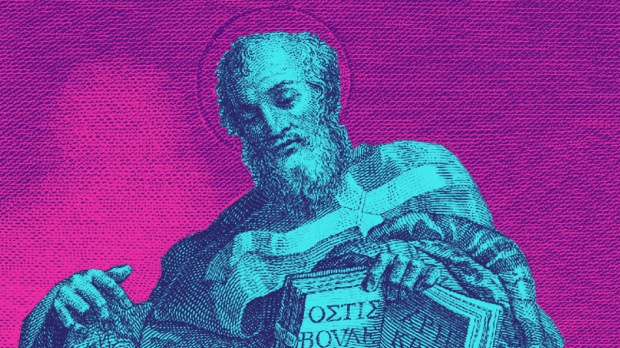There were many saintly bishops and priests in the first few centuries of the Church, but one of the most influential was St. Athanasius.
The Catholic Encyclopediagives the following brief summary of his life, “born c. 296; died 2 May, 373. Athanasius was the greatest champion of Catholic belief on the subject of the Incarnation that the Church has ever known and in his lifetime earned the characteristic title of “Father of Orthodoxy,” by which he has been distinguished ever since.”
The word “orthodoxy” in this context means “right belief,” and highlights St. Athanasius’ quest to uphold the “right beliefs” of the Catholic Church.
Pope Benedict XVI reflected on his life and influence in a general audience from 2007.
Only a few years after his death, this authentic protagonist of the Christian tradition was already hailed as “the pillar of the Church” by Gregory of Nazianzus, the great theologian and Bishop of Constantinople, and he has always been considered a model of orthodoxy in both East and West.
Athanasius was undoubtedly one of the most important and revered early Church Fathers. But this great Saint was above all the impassioned theologian of the Incarnation of the Logos, the Word of God who — as the Prologue of the fourth Gospel says — “became flesh and dwelt among us” (Jn 1:14).
Benedict XVI also explained what was at the core of St. Athanasius’ teachings and theological battles at the time.
The fundamental idea of Athanasius’ entire theological battle was precisely that God is accessible. He is not a secondary God, he is the true God and it is through our communion with Christ that we can truly be united to God. He has really become “God-with-us”.
St. Athanasius remains an important figure in the history of the Church and is a saint we should look to for inspiration.

